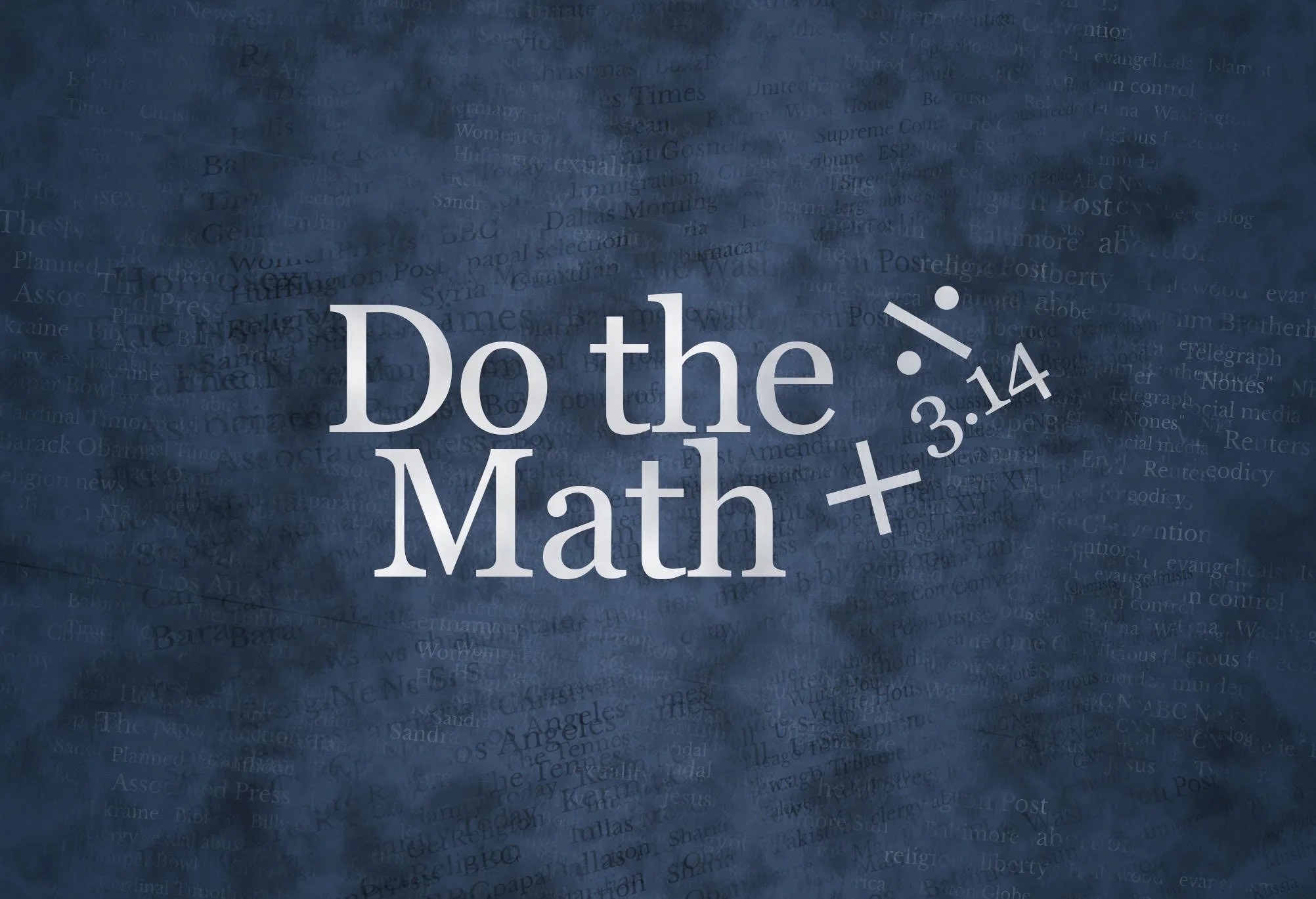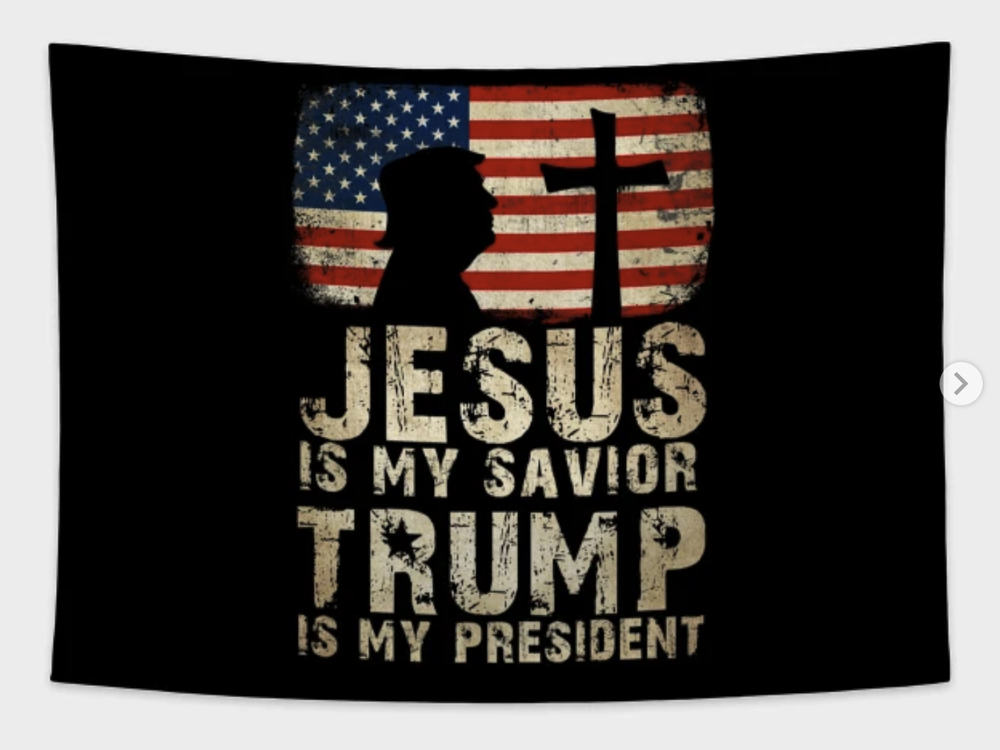In terms of Islamic doctrine, alcohol is "haram," or forbidden, and the Quran is blunt: "O ye who believe! Strong drink and games of chance and idols and divining arrows are only an infamy of Satan's handiwork."
But it isn't hard to find Muslims that never boarded that bandwagon.
"There are Muslims who drink and get drunk. That's a fact, but that doesn't mean they can change what Islam teaches," said Yasir Qadhi, dean of the Islamic Seminary of America, near Dallas. "That's a sin. We all sin. But we cannot change our faith to fit the new norms in society."
Under normal circumstances, it wouldn't be controversial for Islamic leaders to affirm that their faith teaches absolute, unchanging truths about moral issues -- including subjects linked to sexuality, marriage and family life.
But Muslims in America never expected to be called "ignorant and intolerant" because they want public-school leaders to allow children to opt out of academic work that clashes with their faith. But that's what is happening in Montgomery County, Maryland, and a few other parts of the U.S. and Canada, where Muslim parents have been accused of cooperating with the cultural right, said Qadhi.
"That is so painful. … Truth is, we are not aligning with the political left or right," he added. "You cannot put Islam into a two-party world, where you have to choose the Democrats or the Republicans and that is that."
On the legal front, a Maryland district court recently ruled that parents do not have "a fundamental right" to avoid school activities that challenge their faith. The legal team for a coalition of Muslims, Jews, Orthodox Christians, evangelicals and others quickly asked the Fourth Circuit Court of Appeals to reconsider the Mahmoud v. McKnight decision.
At the same time, Muslim leaders are debating a May 23 statement -- "Navigating Differences: Clarifying Sexual and Gender Ethics in Islam" -- signed by more than 200 Muslim leaders and scholars, representing a variety of Islamic traditions.










